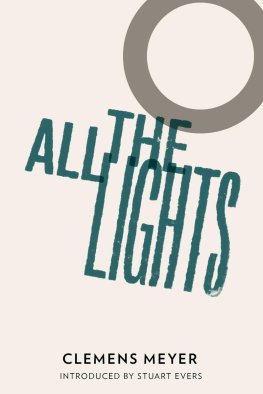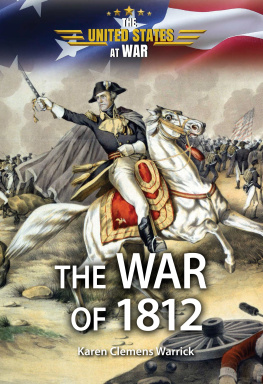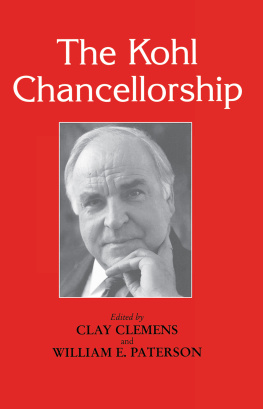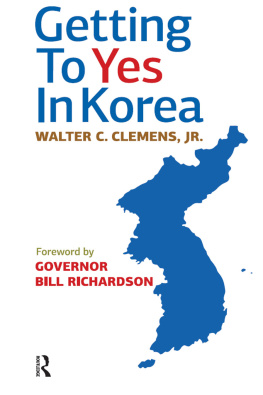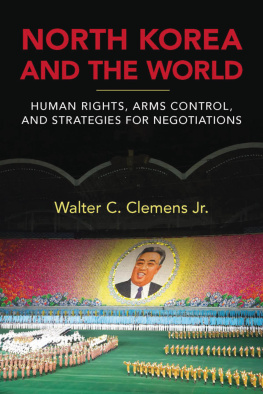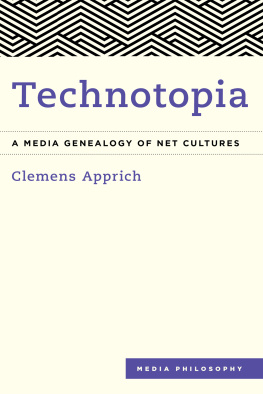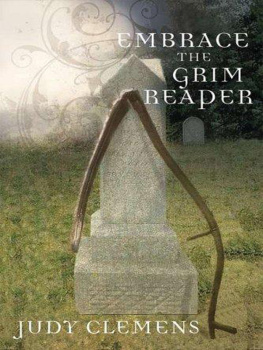[image]
President Kruger on the piazza of the Executive Mansion, Pretoria.
OOM PAUL'S PEOPLE
A NARRATIVE OF THE BRITISH-BOER TROUBLES
IN SOUTH AFRICA, WITH A HISTORY
OF THE BOERS, THE COUNTRY,
AND ITS INSTITUTIONS
BY HOWARD C. HILLEGAS
ILLUSTRATED WITH EIGHT PHOTOGRAPHS
AND A MAP OF SOUTH AFRICA
NEW YORK
D. APPLETON AND COMPANY
1900
COPYRIGHT, 1899,
BY D. APPLETON AND COMPANY.
PREFACE
American enterprises in South Africa, and especially in the Transvaal, have assumed such large proportions in the last five years that the affairs of the country and the people are steadily gaining in interest the land over. As almost all the interest is centred in the Transvaal and the Boers, an unprejudiced opinion of the country and its people may serve to correct some of the many popular misconceptions concerning them. The Boers constitute a nation, and are deserving of the consideration which many writings concerning them fail to display. They have their failings, as many a more powerful nation has, but they also have noble traits. In these pages an effort has been made to describe the Boers as they impressed themselves upon my mind while I associated with them in the farmhouses on the veldt, in the drawing-rooms in the cities, in the chambers of the Government House, and in the mansion of the Executive.
The alleged grievances of the Uitlanders are so complex and multitudinous that a mere enumeration of them would necessitate a separate volume, and consequently they are not touched upon except collectively. As a layman, it is not within my province to discuss the diplomatic features of South African affairs, and I have shown only the moral aspect as it was unfolded to an American whose pride in the Anglo-Saxon race causes him to wish that there were more justice and less venom in the grievances.
To the many South Africans with whose hospitable treatment I was favoured I am deeply and sincerely grateful. Englishmen, Afrikanders, Dutchmen, Boers, and Uitlanders were exceptionally gracious in many ways, and, however they may have differed on local topics, were unanimously courteous in their entertainment of a citizen of the country for which they frequently expressed such great admiration. I am especially indebted to Sir Alfred Milner, the Queen's High Commissioner to South Africa and Governor of Cape Colony, and Sir James Sivewright, the Acting Premier of Cape Colony, for many courtesies and much information; to President S. J. P. Kruger for many kindnesses and a greatly treasured Transvaal flag; to Postmaster-General Van Alphen, Mr. Peter Dillingham, Commissioner of War Smidt, and many other Government officials, for valuable assistance given to me in Pretoria. To those stanch Americans, Mr. Gardner F. Williams, of Kimberley, and Dr. J. Perrott Prince, of Durban, I am indebted for many pleasant excursions and experiences, and finally to my friend Mr. W. M. B. Tuttle, of New York city, for valuable assistance in this work.
HOWARD C. HILLEGAS.
NEW YORK CITY, September 4, 1899 .
CONTENTS
CHAPTER
I.--
Its physical and political divisions--Relations of the races--Progress of the natives--Transvaal's relative position.
II.--
Early settlement of the Cape--Troubles of the immigrants with the East India Company and the English--The Great Trek--Battles with the natives and the English--Founding of the republic.
III.--
Discovery of gold--Early days of the field and the influx of foreigners--The origin of the enmity between the Boers and the newcomers--The Jameson raid and its results.
IV.--
His habits and modes of living--His love of family--His religion and patriotism.
V.--
Personal description--His long and active career--His public services--Anecdotes of his life--His home life.
VI.--
His democracy--Hatred of Mr. Rhodes--Discussion of the Transvaal's position--His opinion of Americans--Why he hates the English--A message to America.
VII.--
The ambition of the man--Story of his youth--His many enterprises--Political career--Personality--Anecdotes and incidents of his life--Groote Schuur--His home.
VIII.--
The executive and legislative branches of the Government--The Raads in session--The state military organization--Mobilizing the army--Commandant-General P. J. Joubert--His services to the republic.
IX.--
British contempt of the Boers--The suzerainty dispute--The question of the franchise--Campaign of slander.
X.--
Boers' strong defences--Attitude of the races--The Afrikander Bond--Armed strength of races--England's preparation--Importance of Delagoa Bay.
XI.--
American influence--Exports and imports--Leaders of the American colony--American machinery--Prominent part Americans have taken in the development of the country.
XII.--
Approach to the city--Description of the city--Its characteristics--Its inhabitants.
[image]
Map of South Africa
LIST OF ILLUSTRATIONS
.... Frontispiece
OOM PAUL'S PEOPLE
CHAPTER I
SOUTH AFRICA OF THE PRESENT TIME
The population of South Africa may be divided into three great classes of individuals: First, those who are only waiting for the time when they will be able to leave the country--the Uitlanders; second, those who hope that that time may speedily come--the native-born whites; and, third, those who have no hope at all--the negroes.
The white population, south of the Zambezi River, is almost as large as the population of the city of Philadelphia. Half of the population is Boer, or of Dutch extraction, while the remainder consists of the other Afrikanders and the Uitlanders. The Afrikander class comprises those persons who were born in the country but of European descent, while the Uitlanders are the foreigners who are, for the most part, only temporary residents. The negro population is estimated at five millions, divided into many tribes and scattered over many thousand miles of territory, but united in the common cause of subdued hostility toward the whites.
The discovery and first settlement of South Africa were made about the same time that America was being won from the Indians; but, instead of having a people that united in the one object of making a great and influential nation, South Africa is rent asunder by political intrigue, racial antagonism, and internal jealousies and strife. The Dutch and Boers have their mutual enemies, the Uitlanders; the Cape Colonists are unfriendly with the Natalians, yet unite to a great extent in opposing the Dutch and Boers; while all are the common enemy of the black race.
Strife is incessant in the country, and a unification of interests is impossible so long as the enmity continues. Meanwhile the natural growth and development of the country are retarded, and all classes suffer like consequences. A man who is capable of healing all the differences and uniting all the classes in a common bond of patriotism will be the saviour of the country, and far greater than Kruger or Rhodes. A fugitive bit of verse that is heard in all parts of South Africa affords a clearer idea of the country than can be given in pages of detailed description. With a few expurgations, the verse is:
"The rivers of South Africa have no waters,
The birds no song, the flowers no scent;
The child you see has no father,



